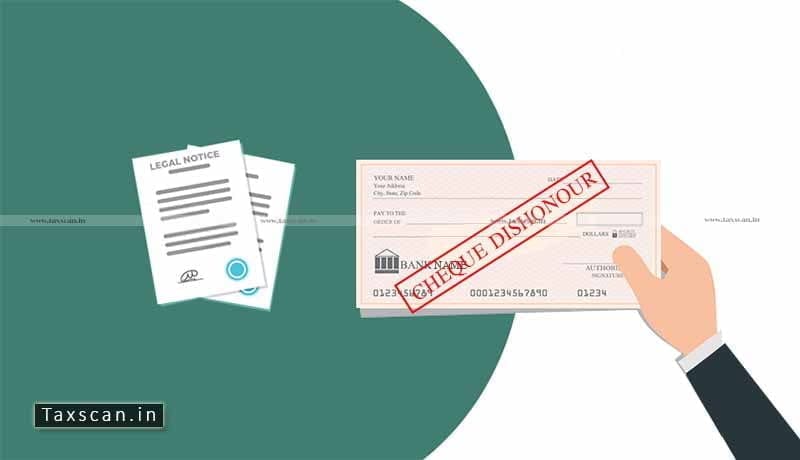Dishonour of Cheque issued as Security is an Offence under NI Act: Supreme Court [Read Judgment]

Dishonour of cheque – NI Act – Supreme Court – Taxscan
Dishonour of cheque – NI Act – Supreme Court – Taxscan
The Supreme Court held that the dishonor of cheques issued as security is an offense under Section 138 of the Negotiable Instruments Act.
The counsel for the appellant, Sripati Singh would contend that the respondent taking advantage of the acquaintance with the family of the appellant, had borrowed the amount which was to be repaid and the cheque issued was towards discharge of the said amount. In the said circumstance, when the cheques issued were for discharge of the legally recoverable debt and it had been dishonored, the provisions of Section 138 of the Negotiable Instrument Act would get attracted. Therefore, the complaint filed by the appellant is in accordance with the law. It is his further contention that in the present case since the respondent had gained the confidence of the appellant due to the acquaintance with his daughter and in that circumstance when the amounts which had been taken by him earlier had been repaid so as to gain the confidence and having received substantial amount had at that stage not made arrangement for sufficient funds in the bank despite having issued the cheques to assure payment, the same would amount to the respondent cheating the appellant by design and therefore would attract Section 420 IPC.
It is contended that towards the amount received, the same had been acknowledged by subscribing the signature to the loan agreement. Further, when there was an undertaking to repay the same, the cheque was issued towards such discharge of legally recoverable debt and the cheque on presentation after the agreed due date for repayment of the loan was dishonored, the same would constitute an offense. In that regard, it is contended that the learned Judicial Magistrate having taken note of the complaint and the sworn statements recorded by the appellant and his witnesses had taken cognizance and issued a summons. In such an event, the order passed by the learned Judicial Magistrate for taking cognizance and also to reject the discharge petition filed by the respondent was in accordance with the law. It is contended that the learned Judge of the High Court had in fact committed an error in arriving at the conclusion that the cheque issued by the respondent was towards ‘security and that the same could not have been treated as a cheque issued towards the discharge of legally recoverable debt. It is contended that the Judge has proceeded at a tangent and committed an error and as such the order passed by the High Court calls for interference.
The division bench of Justice B.R. Shah and Justice A.S. Bopanna the cheque though issued as security at the point when the loan was advanced, was issued as an assurance to repay the amount after the debt becomes due for repayment. The loan was in subsistence when the cheque was issued and had become repayable during June/July 2015 and the cheque issued towards repayment was agreed to be presented thereafter. If the amount was not paid in any other mode before June/July 2015, it was incumbent on the respondent to arrange sufficient balance in the account to honor the cheque which was to be presented subsequent to June/July 2015.
“There was a transaction between the parties towards which a legally recoverable debt was claimed by the appellant and the cheque issued by the respondent was presented. On such cheque being dishonored, cause of action had arisen for issuing a notice and presenting the criminal complaint under Section 138 of N.I. Act on the payment not being made. The further defense as to whether the loan had been discharged as agreed by the respondent and in that circumstance the cheque which had been issued as security had not remained live for payment subsequent thereto etc. at best can be a defense for the respondent to be put forth and to be established in the trial. In any event, it was not a case for the Court to either refuse to take cognizance or to discharge the respondent in the manner it has been done by the High Court,” the Apex Court observed.
To Read the full text of the Judgment CLICK HERE
Support our journalism by subscribing to Taxscan AdFree. Follow us on Telegram for quick updates.


